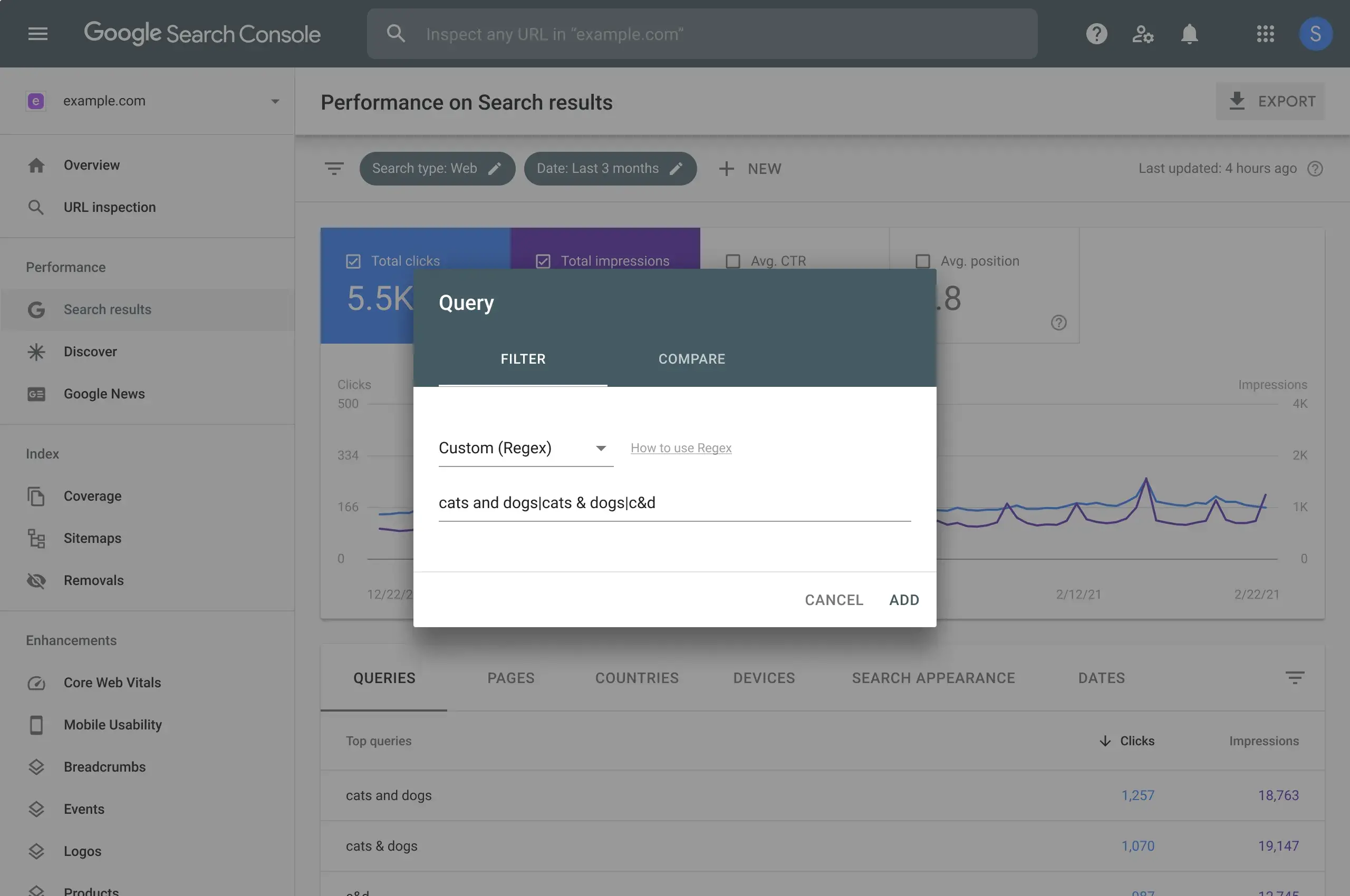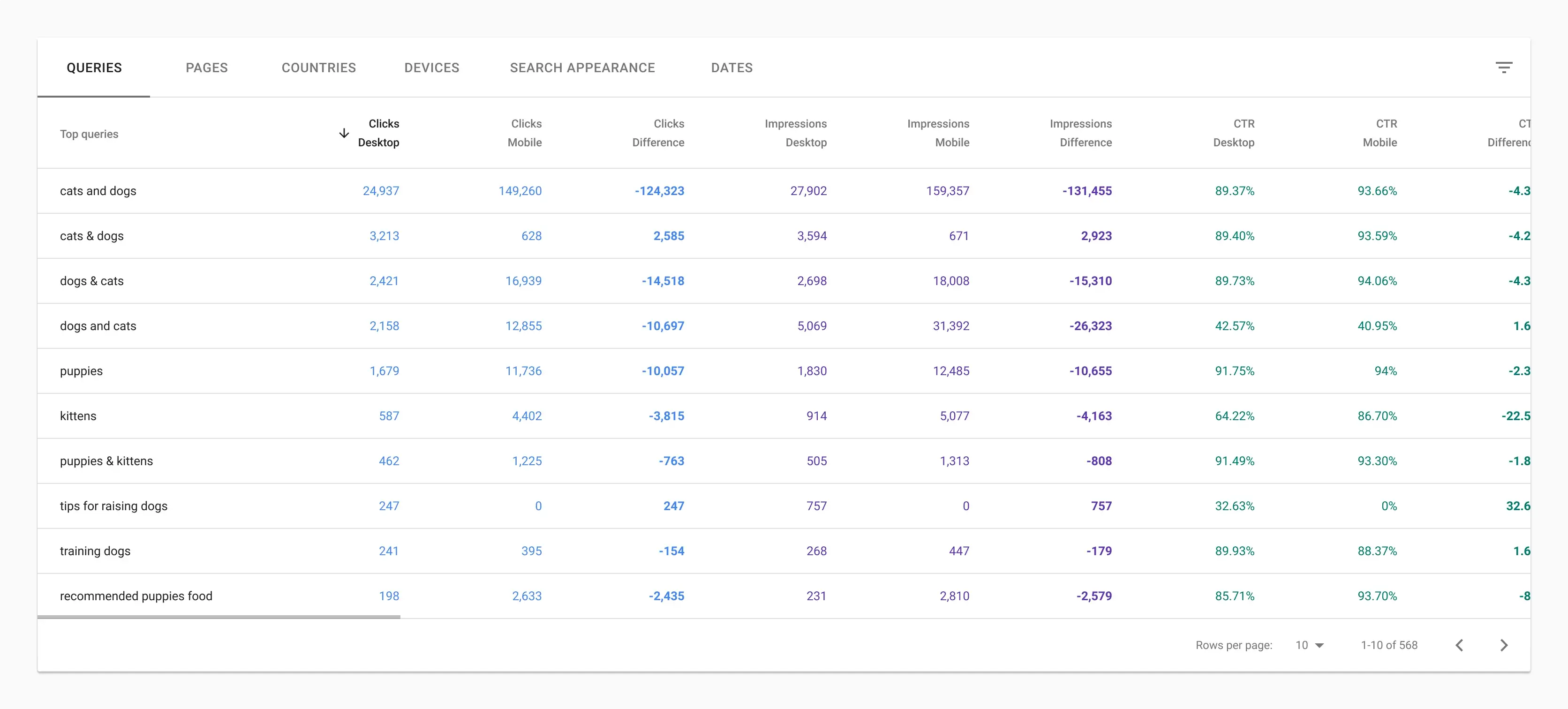Successful search engine optimization (SEO) and website marketing rely on objective data. The more relevant data you get, the more ROI you can attain from your SEO efforts. An experienced provider of digital marketing services company chart strategies for improving website visibility, indexing and ranking through data.
The aim is not just to rank high in the search engine results pages (SERPs), but also to ensure that a greater percentage of the traffic that comes to your site is converted to customers. For that, your website should appear relevant for Google when related keywords or search queries are entered in the search box.
How relevant is your website to the related queries? Do its pages pop up in the top positions of the first page of relevant search results? There is a wide range of metrics to analyze how efficient your web pages are. These can be analyzed through smart tools. Search engines such as Google offer tools for webmasters to analyze their pages in terms of indexing capability and visibility to the target audience. Google’s Search Console, formerly Webmaster Tools, is one of the foremost tools that website owners rely on. It provides vital data through its reports. Google also keeps revamping features to provide webmasters with more information they can use to improve their site.
Updates to Google Search Console Reports
Google’s Search Console reports have now been modified. Specifically, there have been two major improvements to the console. As a result, webmasters now have more information on their hands. So, let’s look at these features in detail:
Regex
This feature now enables website owners to filter data on the basis of regular expression, hence the term “regex”. As a result, you can create query-based and page-based filters that are more complex. What does that mean?
When you want to find out how your website performs for various regular expression versions of a particular query, you can set up the regex filter for all these versions in a single step by entering all the different versions. The example Google showed is: cats and dogs|cats&dogs|c&d
Earlier, the Search Console wasn’t capable of supporting such complex query versions. Google only allowed filtering queries as well as page URLs on the basis of three patterns, which were:
- Containing a string
- Not containing a string
- Exactly matching a string
That meant you couldn’t test customized search queries, which people could use for searching on the basis of convenience and regular usage. The string represents a pattern or phrase. You could test queries containing that phrase or matching that phrase. You could also test queries that didn’t contain that string at all, but you couldn’t test variations of the string as the aforementioned example showed. However, that is now possible with Regex filters.
Using the Regex Filter
Here’s how you can use this filter:
You need to create a query or a page filter first. Then, head to the dropdown menu and click Custom.
image source
- The Search Console then goes to the partial matching setting by default. This indicates that the regular expression is able to match anywhere within the target string. The only reservations are when you have special characters such as ^ or $. These characters require matching right from the start of the string or the end of it.
- By default, the reports change to case-sensitive matches. For matches that are case-insensitive, the website owners can mention “(?i)” at the start of the regex string. No matches will be returned for invalid regex syntax.
- Google also stated that pages and queries may at times not be available on account of storage limitations or in the interests of user privacy. In such situations, Google will put out a reminder whenever an appropriate filter is applied on page or queries.
New Modified Comparison Mode
As webmasters are already aware, Search Console provides the comparison mode where you can answer questions based on comparisons. Till now there wasn’t a comparison column containing a relative percentage difference if there were multiple metrics selected. With the new comparison mode, these cases are now supported.
The interface is also modified to give it more adequate area for the data table. With this, the data table becomes easier to read and therefore more user-friendly to examine the results, as the image below shows:
The regex filter is also supported in the new comparison mode. However, while more than a single metric can be compared, you can apply only one filter to those metrics at a time. If you add a new comparison filter, the current comparison will go.
These updates now give you more information and also add greater user-friendliness to better understand the reports and add greater variables into the equation. Affordable digital marketing services can help webmasters with greater research and advanced strategies.
Take your SEO to the next level!
Contact our SEO experts at (800) 941-5527!






